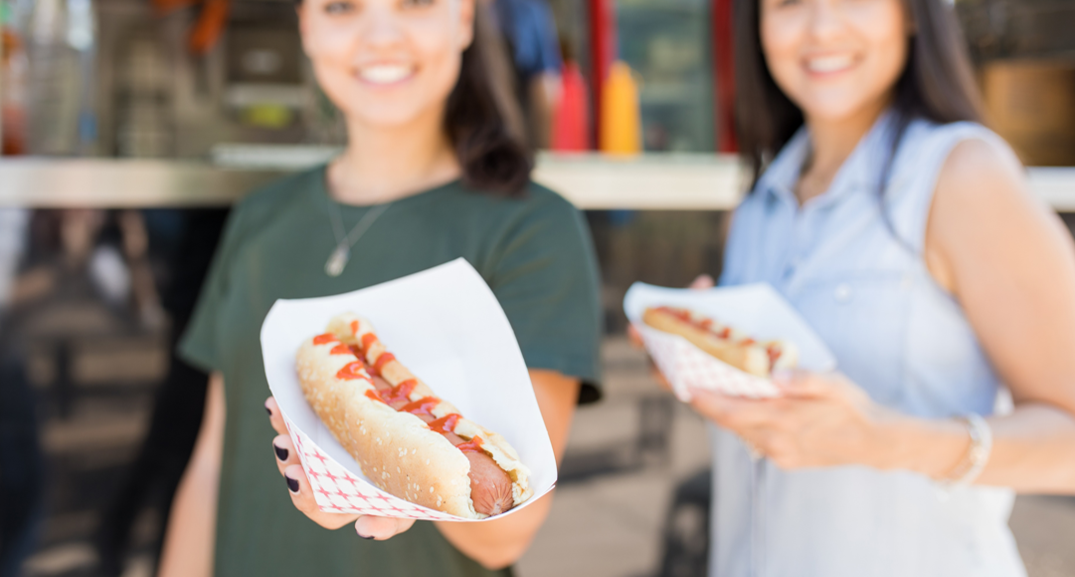
In a world where consumption habits can lead to the use of unsustainable materials, at Viscofan a very significant part comes from raw materials considered to be renewable, i.e. of natural origin, or are biodegradable or come from raw materials that have already been recycled. Thus, 81% of our revenue comes from the sale of casings with these characteristics.
However, Viscofan also considers how sustainability issues impact not only on its own operations but also along the value chain: raw materials, packaging and helping customers with their sustainability challenges.
Viscofan has the following sustainability commitments for both renewable raw materials and the rest:
• Cellulose and abaca pulp: all our suppliers are certified by the international (PFEC and FSC) certification programme, which ensures that the cellulose they obtain comes from sustainably managed trees and forests and, therefore, does not contribute to the deforestation of the planet.
• Collagen: our collagen casings are a good example of circular economy in the world of casings, as the cow hide is used for recovery in the food industry. In addition, Viscofan seeks as far as possible to contribute to animal welfare under strict controls and by working with European leather suppliers that comply with animal welfare codes.
• Plastic: in 2023, plastic developments and operations have continued to progress in accordance with the 3R rules (reduce, reuse and recycle). The following advances made in the year are of particular note:
• Vegetable proteins: this raw material used for the veggie casing is a GMO (Genetically Modified Organism) free product.
Viscofan works with the ambition to make responsible use and minimise as much as possible the packaging of raw materials and the final product by promoting the circular economy. In recent years, concepts of reduction, reuse, redesign and recycling are being used in the packaging management strategy. The main initiatives implemented during the year are:
Optimisation and review of packaging used for cellulose casings by reducing the number of cardboard items used to achieve better use of the quantity stored and transported on a pallet. In addition, the number of carton references is also being rationalised and eliminated in the case of fibrous casings.
In collagen casings, it is planned to implement a project to reduce the size necessary to form a cardboard box of the same dimensions without affecting its properties.

With our developments, we seek to help customers meet consumer needs and achieve greater sustainability in their production processes, providing them with products with greater production efficiency that generate less food waste and, in addition, enable the reduction of CO2 emissions during their processing.
Uso de cookies
Utilizamos cookies propias y de terceros para analizar nuestros servicios y mostrarle publicidad relacionada con sus preferencias. Pulsando “Configurar” puede seleccionar las cookies que se instalarán en su dispositivo. Pulsando “Aceptar” consiente su instalación y el uso de todas las cookies que utilizamos. Puede obtener más información aquí.
ACEPTAR COOKIES Configuración de cookies